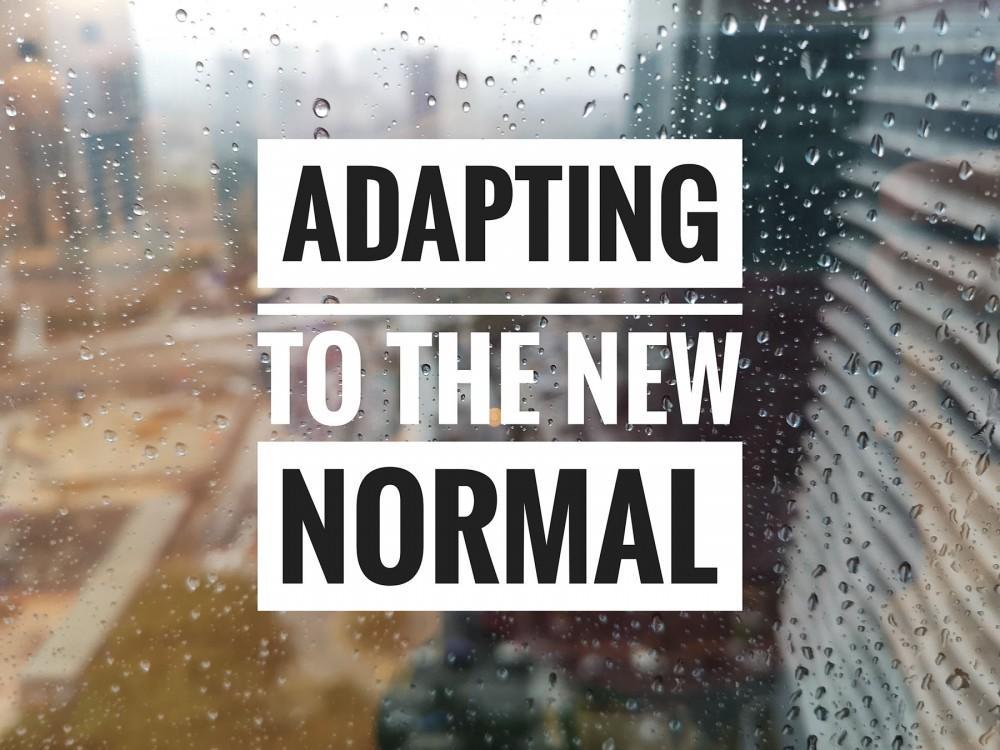With re-openings and loosened mask restrictions, many patients have told us they have mixed feelings about going back into the world again. There is also some embarrassment about admitting this. Shouldn’t I want to see my friends and extended families, send my kids to school and camp, and get back to “normal,” people have asked? This article will help you understand why you may be feeling ambivalent and even anxious about reopening, and how to navigate this transitional time.
Why you’re feeling ambivalent about reopening
We lived through a collective trauma this past year, having experienced death and illness on a mass scale, economic instability, disruption of our day-to-day lives, deep political divisions, and the important but difficult work of confronting racial injustice in our society. If you’re feeling some level of anxiety, fear, or vulnerability, that’s a normal response to trauma.
Additionally, there’s nervousness around navigating social situations, particularly because children under 12 are not yet eligible for a COVID-19 vaccine. Some parents have shared that they feel kids are being forgotten with the loosening of restrictions. Politicization around mask-wearing and vaccination may add a layer of discomfort about socializing with people who have different views than you.
Finally, although the past year was incredibly difficult, there were silver linings for some, such as more time with family, less commuting, and a calmer schedule. Plus, it’s normal for humans to adjust to routines, and to fear change, even good change. “Anytime we go through trauma or transition in our lives, says Dr. Wendy Hookman, founder and medical director of Washington Center for Women & Children’s Wellness we emerge into a ‘new normal’ where life feels somewhat familiar but also very different at the same time. The good news is that going through times like this builds resilience which is one of the most important contributors to lifelong mental health and stability.”
How to make the “New Normal” easier on yourself
• Practice self-compassion. First, take time to check in with yourself about your concerns and know that whatever they are, they are valid. This is a great opportunity to practice self-compassion and to recognize and accept, rather than judge, the feelings you’re having, and to be as understanding of yourself as you would of a friend.
• Reframe your thoughts. In our practice, we use cognitive behavioral therapy techniques in which we help patients recognize and then reframe distressing thoughts. “One way to reframe the thought that there’s something wrong with you for not being more energized about the new normal is to appreciate that you and your family got through what was an incredibly difficult year. This is a major achievement!” Dr. Wendy Hookman says.
• Communicate about vaccination and masks. Be polite but straightforward about what you’re comfortable with. A diplomatic way to find out someone’s vaccine status is to disclose your own status ahead of seeing them. This invites them to say whether they’re vaccinated. If you go over to someone’s home, bring a mask along and ask whether your hosts would like you to put it on. If they have kids under 12, err on the side of wearing a mask.
• Stay informed. What we know about COVID-19 has changed over the last year. Keeping up-to-date with science can help you manage your comfort level. For example, we now know the virus is rarely transmitted outdoors and that mask-wearing significantly limits transmission.
• Don’t feel pressure to over-schedule. If the speed at which you were operating pre-pandemic seems unsustainable, don’t feel like you have to go back to 100 percent. If you enjoyed the slower pace of the past year, try to retain some of that in your life going forward. “Even if it looks like others are going full speed ahead, remember that you are not required to over-schedule yourself or your family,” says Dr. Hookman.
• Make time for self-care. To avoid burn-out, make time for self-care, such as meditation, exercise, taking breaks from your computer and phone, and getting rest.
• Remember that you’re not alone. It’s easy to feel like you’re struggling more than those around you, particularly on social media. While it may look like everyone is thriving, what you see online is a highlight reel, not reality. Many, if not most people are finding this period challenging. Transitions always are, and people handle them in different ways. What we can do is be patient with ourselves and where we’re at.
Seek help if you need it
If you’re feeling overwhelmed by the prospect of the “new normal” and it’s affecting your ability to function in your day-to-day life, consider seeking professional help. Learn more about our team and our services here at Washington Center for Women’s and Children’s Wellness.






